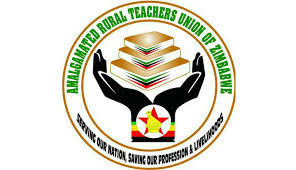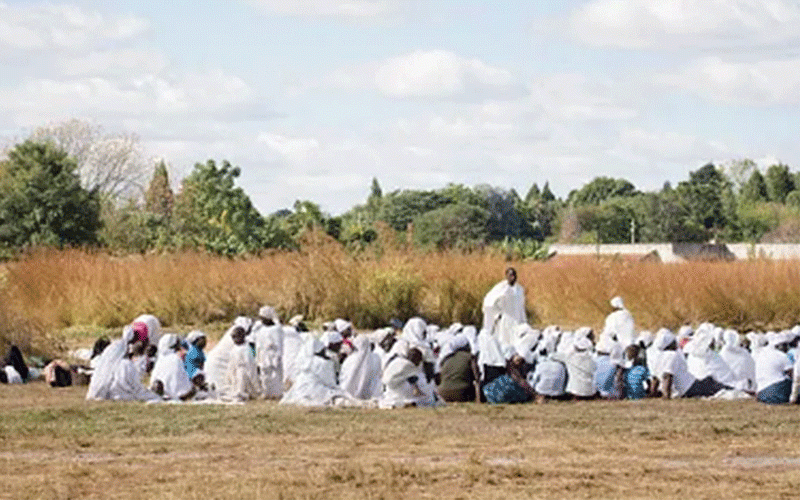
THE Amalgamated Rural Teachers Union of Zimbabwe (Artuz) has called on Finance minister Mthuli Ncube to scrap the Basic Education Assistance Module (BEAM) scheme and replace it with student grants when he announces his 2025 national budget.
Ncube is expected to announce the 2025 budget next month, and consultations from various stakeholders are already underway.
Artuz yesterday released its wish-list for education, saying the sector needed increased funding for the benefit or learners and educators.
Zimbabwe has struggled to meet the stipulated Dakar Declaration, which indicates that 20% of the national budget must go to education.
An Artuz survey reveals that Treasury allocated 0,8% in 2020, 2,3% (2021), 2,4% (2022), 2,9% (2023) and 2,8% for this year, leading to a decline in the quality of education, especially in rural areas.
“A budget that meets these minimum standards is necessary to improve infrastructure, provide teaching and learning materials, and ensure fair compensation for educators,” Artuz said while calling for the scrapping of BEAM.
“In the context of rising prices and climate change, we recommend the scrapping of the now-defunct and inconsistent BEAM and be replaced with equity grants allocated to each learner to at least US$10 per school term (US$30 per year) per learner.
“This funding will be essential in addressing the growing number of learners affected by declining family incomes and increasing poverty and climate-related disasters.”
- Schools closure fuel drug abuse
- Riding roughshod on restive workers will backfire Mr President
- Budget dampens workers’ hopes
- Govt issues $24 billion Covid-19 guarantees
Keep Reading
The Education Act makes it an offence for a parent or guardian to deprive children of school-going age the right to education.
However, with the current socio-economic challenges and widespread poverty, learners from poor backgrounds are being forced to drop out of school.
The El Niño-induced drought has worsened the situation.
“We propose an additional US$0,50 per learner for each day of school attendance,” Artuz said.
“This measure incentivises school attendance and helps cushion the cost of education, particularly for families struggling with economic challenges.
“It will also ensure schools are equipped to handle the increased operational costs associated with keeping learners engaged and in attendance.”
Artuz also called for increased support for sanitary wear for school girls.
“We reiterate our demand for a return to the 2022 allocation of US$13 per girl per year for sanitary wear,” the union said.
“This allocation should be expanded in 2025 to address the growing number of families impacted by economic hardships.
“As poverty levels rise, so too does the need for targeted interventions to support the education of girls, particularly those in vulnerable communities.”
Teachers are demanding US$1 260 for the least paid educator.










